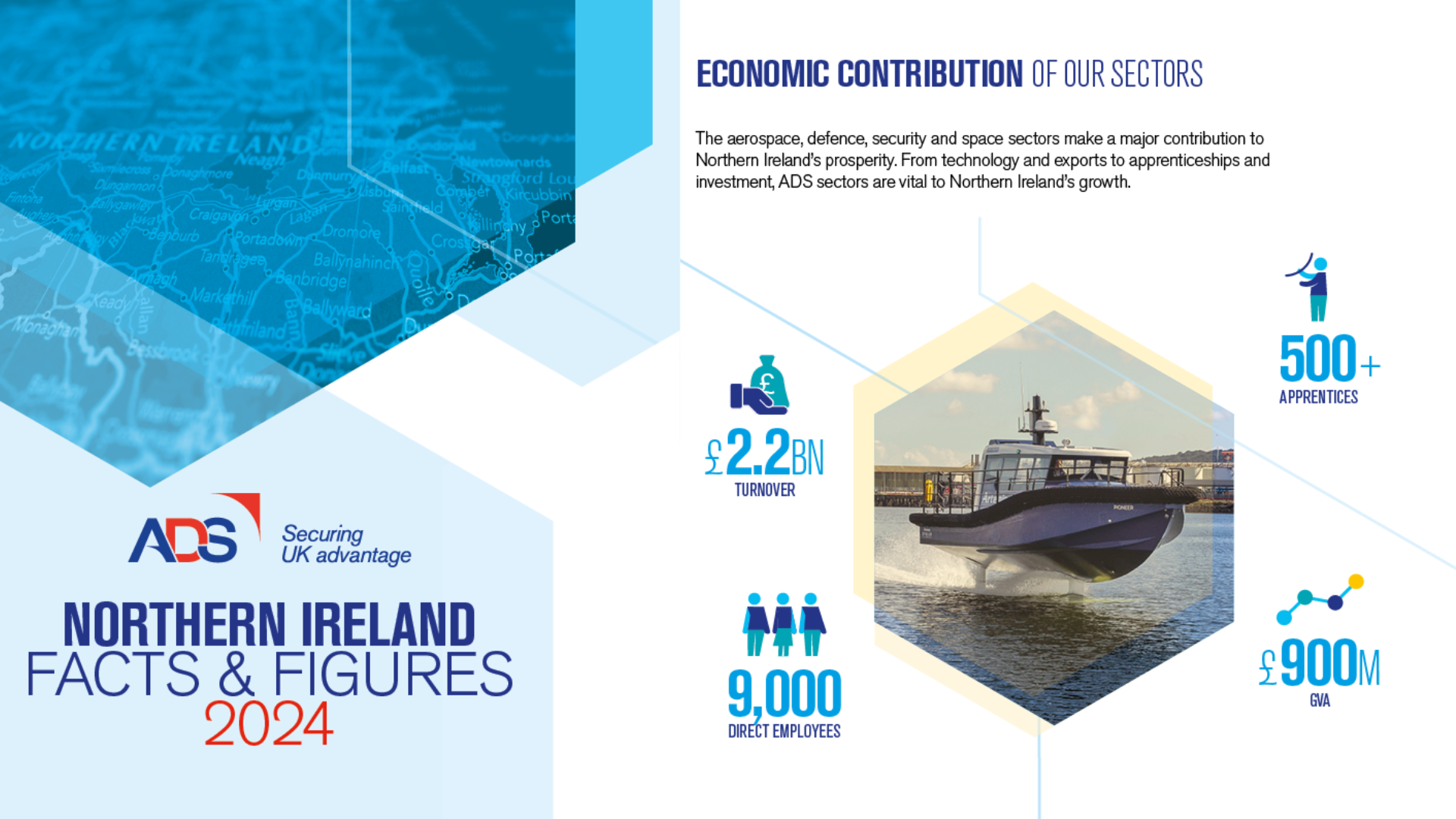
The UK Government this morning set out their plan for ‘Powering Up Britain’, focussed on how the UK can secure its energy independence while delivering growth through the net zero transition. Today marks what has been widely reported as the Government’s ‘green day’, and a part of the Government’s eventual response to industrial policies in other countries, such as the US’ Inflation Reduction Act.
There are three main policy statements that have been released today:
- Powering Up Britain – an overview strategy for energy security and clean growth
- Net Zero Growth Plan – how the net zero transformation will deliver growth
- Energy Security Plan – how the UK will secure its energy independence
Alongside a number of other publications, including the Government’s response to the Chris Skidmore Net Zero Review, these form the backbone of the Government’s plan to meet its net zero by 2050 legal commitment, as passed into law in July 2019.
These strategies include a focus on a number of important areas that ADS welcome, including setting out more detail on the potential for a Carbon Capture Utilisation and Storage (CCUS) industry in the UK, and developing the hydrogen economy and supporting production to reach the 10GW target by 2030.
Moving forward on Sustainable Aviation Fuels (SAF)…slowly
Released in this package is the second consultation on a SAF mandate, building on the first consultation released in summer 2021. This new consultation is looking specifically at the design and workings of a potential mandate, including the potential pathways and how the Government could provide price support for the uptake of SAF.
This consultation is welcome and is the next step in developing a domestic SAF market. A mandate is a valuable tool to provide demand certainty for SAF producers, and how that mandate will actually work will play a big part in determining the UK’s ability to capture the benefits of SAF.
In light of impactful policies included in the Inflation Reduction Act, such as the tax credits for SAF and grants for the development of SAF infrastructure, certainty and ambition on the UK’s direction on SAF is needed.
A price support mechanism will be a critical element of this ambition, and a clear signal from Government of their intention must be confirmed as soon as possible. The UK risks losing out not only on the use of SAF in the UK but also the energy security and economic growth generated by domestic production.
Details of a price support mechanism will be included in ADS’ detailed response to the new SAF mandate consultation, and ADS would invite further comments and engagement on SAF over the coming weeks. Please feed-in any comments to ADS’ Aerospace Policy Adviser, Andy Phillips, at andy.phillips@adsgroup.org.uk.





